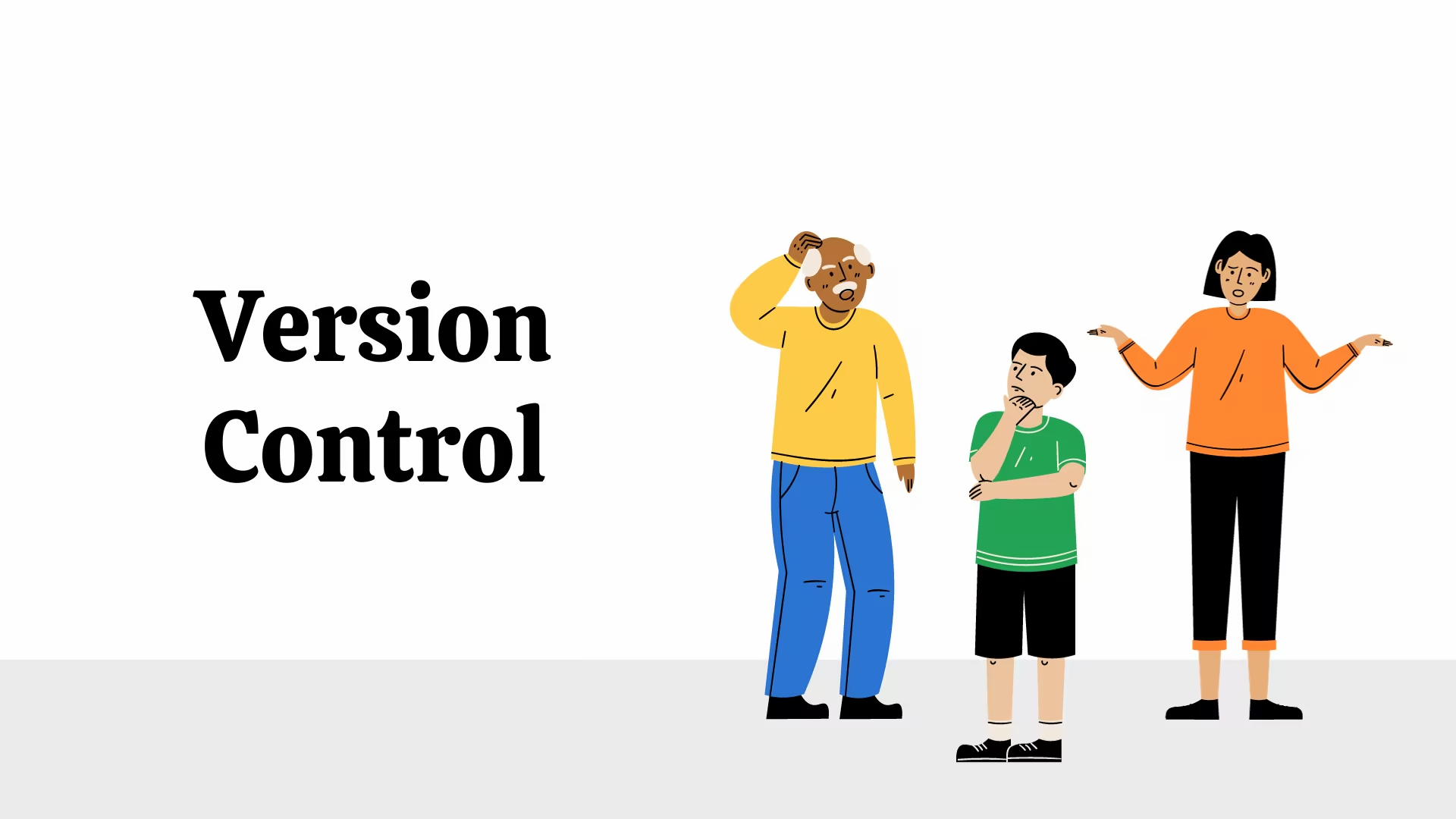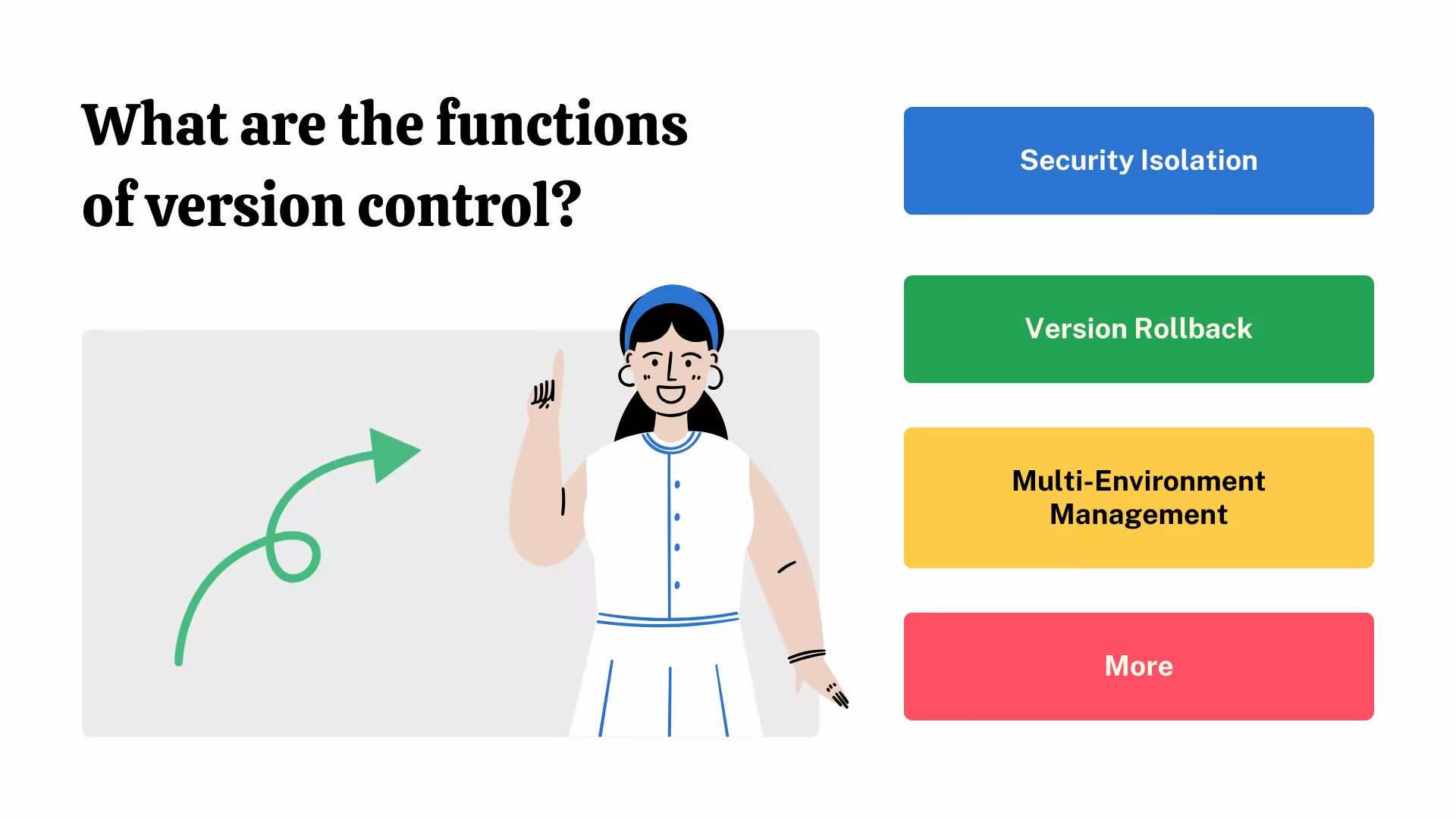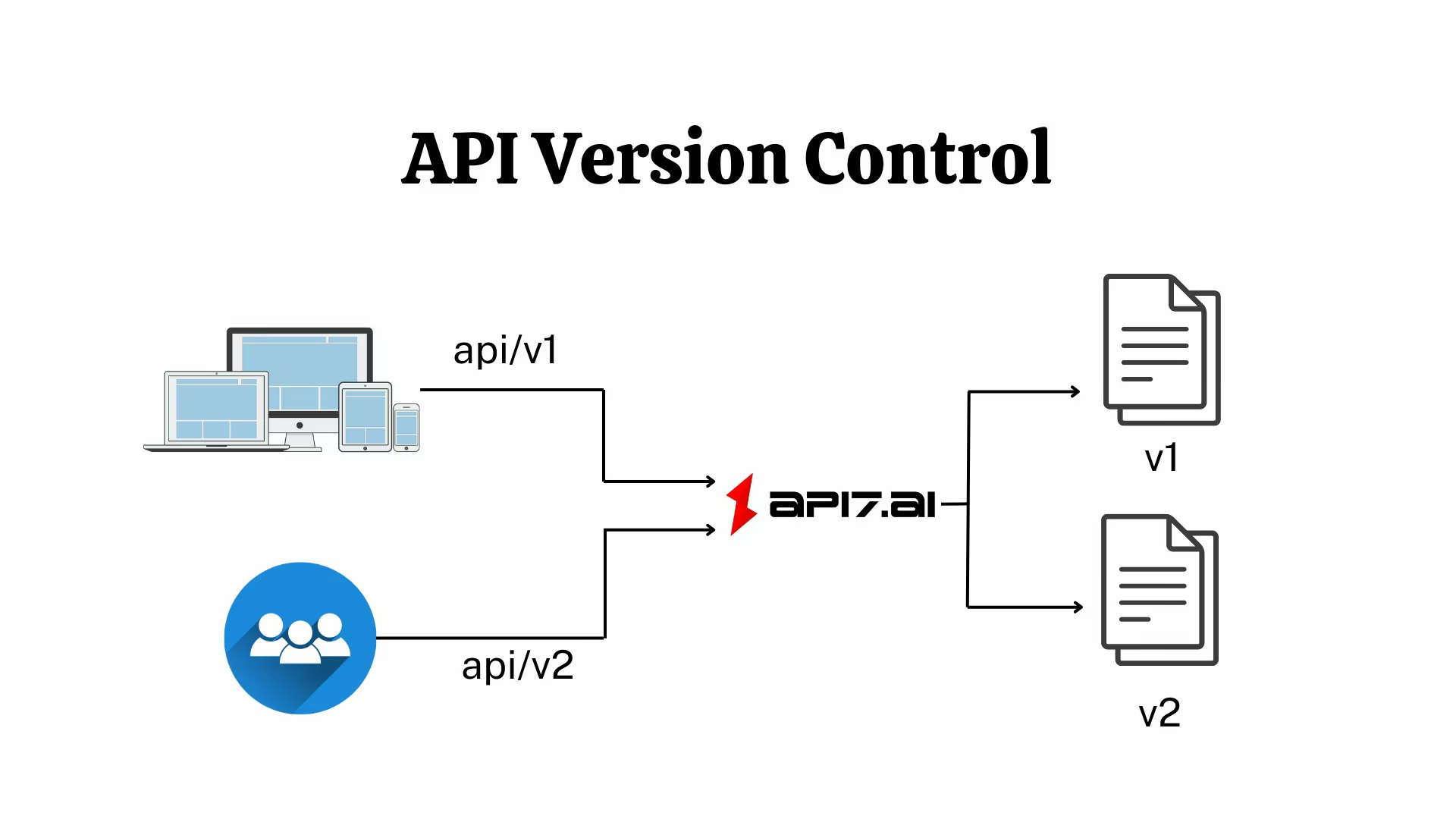Key Aspects of API Evolution: Version Control in Multi-Environments With API7 Enterprise
Let's learn the importance of version control and how API7 Enterprise plays an indispensable role in it with its robust gateway grouping functionality.
Join the DZone community and get the full member experience.
Join For FreeIn the rapidly evolving landscape of software systems in today's digital era, API version control has emerged as a critical strategy to ensure the robust evolution of systems. Particularly in multi-environment scenarios, effective management and tracking of API changes become paramount, and the API7 Enterprise, serving as a crucial intermediary layer, plays a pivotal role.
Core Principles of API Version Control
API version control serves as a vital mechanism to safeguard system evolution, especially during urgent situations. It demands rapid, stable, and controllable rollback capabilities to ensure swift degradation to a previously stable state when issues arise. Conversely, version upgrades require smooth transitions, especially when potential incompatibilities exist between preceding and succeeding versions. By precisely comparing changes between versions, systems can pinpoint incompatibilities, making the upgrade process more controllable and secure.
To better manage the entire version upgrade process, transitioning from the development environment to the testing environment and, ultimately, to the production environment is best achieved through a controlled pipeline. Through version tracking, a clear understanding of the version's state throughout the process ensures that each stage undergoes thorough testing and validation, thereby enhancing the overall quality of the upgrade.

The Role of API7 Enterprise
In this complex stage of version control, the API7 Enterprise plays an indispensable role. Leveraging its robust gateway grouping functionality, it directs API requests from different environments to the respective gateway groups and versions.
Through clever gateway group design, API7 Enterprise ensures the secure isolation of different version APIs in various environments, avoiding mutual interference. This provides a reliable foundation for smooth communication between development, testing, and production environments, ensuring system stability at different stages.
Significantly, API7 Enterprise achieves stable and rapid API version rollback through gateway grouping. In urgent situations requiring swift degradation to a previous version, flexible management of gateway groups makes the rollback process more controllable, offering robust support for rapid system recovery.

Best Practices: API Version Control Workflow
1. Add Two Gateway Groups for Testing and Production Environments
Establish independent gateway groups in testing and production environments to ensure isolation between environments.
2. Release Initial Version to Testing Gateway Group
Deploy the API to the testing gateway group with service version 1.0.0 to validate its performance and stability in the testing environment.
3. Validation and Testing
Verify the API in the testing environment, ensuring normal operation in different scenarios.
Promptly update API configurations in the service template if issues are identified.
4. Release Fix Version to Testing Gateway Group
Deploy fix version 1.0.1 to the testing gateway group to swiftly address identified issues.
5. Synchronize with Production Gateway Group
Sync the fixed version with the production gateway group, setting the service version to 1.0.1.
6. Production Environment Validation
Validate the fixed version in the production environment, ensuring normal operation in real-world scenarios.
7. Release New Features to Testing Gateway Group
In a new iteration, edit the service template and deploy the API to the testing gateway group, setting the service version to 1.1.0.
8. Validate New Features
In the testing environment, validate new features to ensure compatibility with the existing system.
9. Handle Emergency Situations
If an emergency occurs during the validation of new features in the testing environment, swiftly roll back to version 1.0.1 to ensure system stability.
10. Restore Normal State
Through rollback operations, ensure the system quickly returns to a stable state with fix version 1.0.1.
This sequential best practice workflow aims to maintain stability and control throughout the system's version upgrade and rollback processes. The meticulous execution of each step provides robust support for the system's healthy evolution.
Published at DZone with permission of Yilia Lin. See the original article here.
Opinions expressed by DZone contributors are their own.

Comments